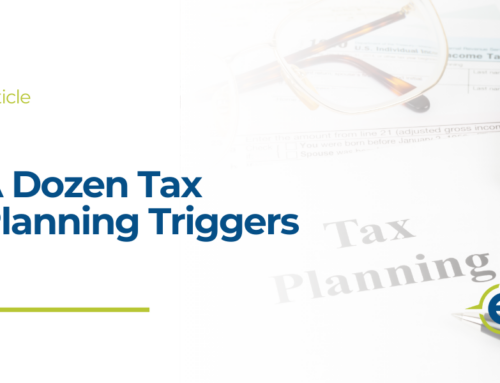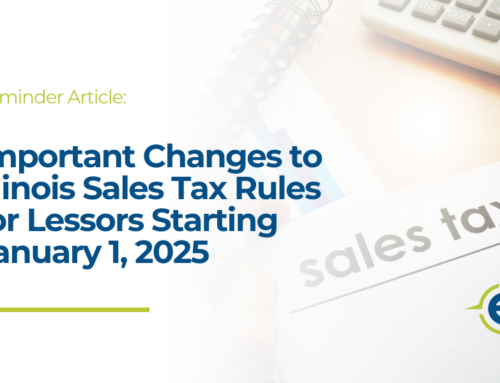Tax Changes in 2022
Over the past two years, we have all been through many changes. And 2022 looks to be another year of navigating vast changes in tax rules. So to help you plan for the upcoming year, below is a video of key changes as of today.
Inflation Hits Tax Laws
Inflation is up 6.2% versus a year ago. This is the highest inflation rate in over 30 years. This means that areas of the tax code tied to the consumer price index will see substantial price increases, including:
- Tax tables
- Standard deductions
- Alternative minimum tax exemptions
- Earned income tax credits
- And more
Instead of getting lost in the numbers, try to apply these changes to your tax situation and plan accordingly.
Enhanced Child Tax Credit Rolls Back
Unless Congress acts, the enhanced changes to the Child Tax Credit in 2021 are no longer in place for 2022. So, the $3,600 credit per child will now max out at $2,000. Even more importantly, if you are receiving the monthly prepayments, do not plan on receiving them indefinitely. But, who knows, Congress may find the money to continue the expanded credit for families with kids. Stay tuned!
Cryptocurrency
The wild west of cryptocurrency, like Bitcoin, continues to be in the IRS spotlight. In addition to noting the use of the product on your 1040 tax return, the IRS now requires crypto asset reporting by brokers. Similar to those required by investment companies when you sell stocks, mutual funds, or other assets. This is being done because too many users of this product are not accurately reporting their capital gains. Think you can avoid this reporting by transferring your bitcoin somewhere else? Nope. That transfer must be reported to the IRS, as well.
The Storm on the Horizon
But probably the biggest challenge in the tax code is the uncertainty in tax law changes hanging over every home. Just looking at current bills, you need to be prepared for:
- Higher tax rates
- Significant lowering of the estate tax exclusion
- Increase in long-term capital gains taxes
- Enhancements in credits
- Rollback of itemized deduction limits on taxes
- This limit is currently set at $10,000 for single taxpayers and $10,000 for married filing jointly now represents one of the worst marriage penalties in the tax code.
The one thing that is certain in tax laws is there is more uncertainty than ever. As the rules change, we will keep you updated. Thankfully you have an expert on your side so check back occasionally on this ever-changing tax landscape.







